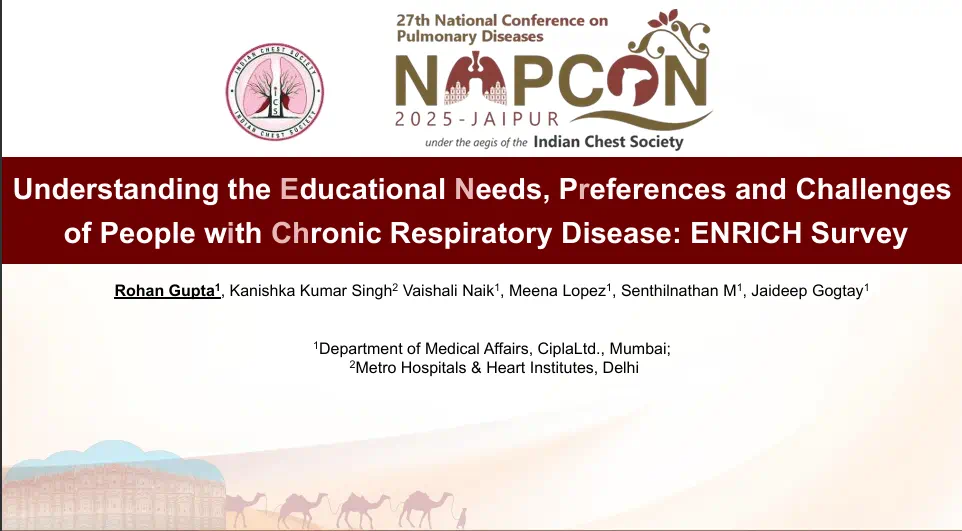Efficacy and Superiority of Intranasal Azelastine and Fluticasone Combination Spray as Compared to Monotherapy in Allergic Rhinitis
Introduction
Current guidelines recommend the use of intranasal corticosteroid spray and/or antihistamine orally or intranasally for the treatment of allergic rhinitis (AR). However, evidence demonstrates incomplete symptom relief or inadequate adherence to the therapy with these available therapies. A combination of intranasal antihistamine and corticosteroid spray could be an alternative for the management of AR. There is a formulation of azelastine hydrochloride and fluticasone propionate delivered in a single spray in North America.
Aim
This systematic review and meta-analysis examined literature to evaluate the efficacy of a combined intranasal formulation containing azelastine hydrochloride (AZE) and fluticasone propionate (FP) as compared to monotherapy in the management of AR.
Methods
Study design
- Systematic review and meta-analysis
- Databases of Pubmed, Embase, Cochrane and Medline were extensively searched
- Randomized clinical trials using the intranasal combination spray (AZE and FP) were included
- Preferred Reporting Items for Systematic Reviews and Meta-Analyses (PRISMA) approach was used to compare the results of the combination spray and monotherapy
- Meta-analysis was performed on studies reporting differences in Total nasal symptom score (TNSS) change from baseline for more than 1 treatment group
- The treatment groups included combination spray vs AZE, combination spray vs FP and combination spray vs placebo
Results
- Systematic review included 8 studies and meta-analysis included 6 studies
- The patient-reported symptom scores were greatly reduced with the combination spray as compared to monotherapy and placebo groups
- The TNSS scores significantly improved in the combination therapy group as compared to placebo (mean change from baseline -2.41; p<0.001), AZE (mean change from baseline -1.40; p<0.001) and FP (mean change from baseline -0.74; p<0.001)
Conclusion
- The combined intranasal formulation containing azelastine hydrochloride and fluticasone propionate was effective and superior in reducing the patient-reported symptom scores in patients with allergic rhinitis (AR) as compared to monotherapy
- This novel formulation could be a valuable alternative in the management of AR in patients who do not demonstrate adequate symptom relief with monotherapy alone.
Otolaryngol Head Neck Surg. 2019 Sep;161(3):412-418. Doi: 10.1177/0194599819841883.










